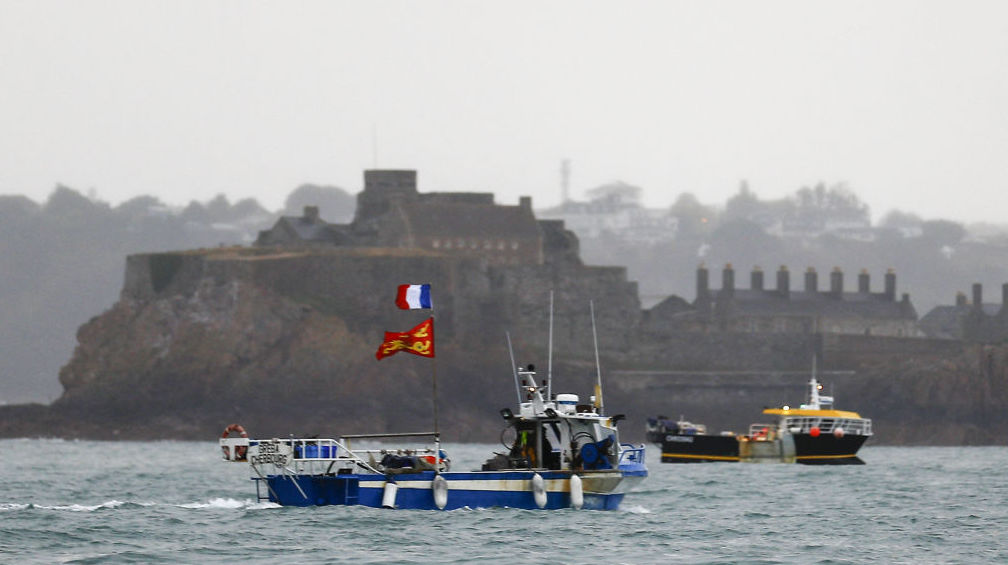Don’t believe the British press. This is not a new cod war. It is a whelk war. Lobsters, whelks and scallops are the species mostly fished by French boats in the waters around the Isle of Jersey.
To begin to understand the storm which has suddenly blown up in the Gulf of Saint Malo, you need to ask a basic question: why are the French threatening to cut off electricity to Jersey but not to Guernsey or the other Channel Islands?
“The answer is quite simple,” said one senior French regional official. “We have very correct and friendly relations with Guernsey. They play by the friendly rules which have governed relations between Channel Islands and France for centuries. Not on Jersey. There is a new group of leaders there who are fiercely nationalistic and hostile to France.”
“They have dishonestly and unilaterally — and we believe illegally — imposed restrictions on French boats that were not raised during the talks on how fishing here should be organised post-Brexit.”
For centuries, fishing rights around the Channel Islands were governed by bilateral deals between France and the islands. The “Iles Anglo Normandes” are the last part of Duke William’s fiefdom. They are not part of the UK and were never part of the European Union.
But, surprise, surprise, it was agreed on 24 December in the last-minute dash for a post-Brexit trade deal that the islands’12-mile zones would be included in arrangements for continuing access by EU boats to all UK waters. Where deals used to be made locally, everything now had to go through, London, Paris and Brussels.
French and other EU boats could continue to fish up to six miles from the English coast and up to three miles in places around the Channel Islands. Licences would be granted to those boats which had regularly fished those waters in recent years.
This proved complicated to organise (especially with Paris, London and Brussels involved). Boats under 12 metres long don’t have satellite gear to leave a trace of where they have fished. Guernsey agreed to roll over access until June while negotiations continued.
Jersey did the same for small boats but issued licences for 41 bigger French boats, with 17 others pending. When the licences appeared last Friday, they were shot through with unexpected restrictions. Some boats got 170 days of fishing; others a few hours. Boats which fished lobsters were licensed for whelks. Some waters were excluded.
The reaction of the French government — threatening to switch off the 90% of Jersey electricity which comes by cable from Normandy — was vastly over the top. Regional elections are six weeks away; presidential elections 11 months away.
The reaction of the Norman and Breton fishermen — organising a protest flotilla to St Helier — was perfectly normal, for French fishermen.
What happens now? With goodwill, all could be solved in an afternoon. The Jersey government appears shocked by the way things have spiralled out of hand.
But French fishermen’s leaders fear that Boris Johnson’s government is too intoxicated by the stick-it-to-the-French headlines in the UK press to seek an early calming of the waters.











Join the discussion
Join like minded readers that support our journalism by becoming a paid subscriber
To join the discussion in the comments, become a paid subscriber.
Join like minded readers that support our journalism, read unlimited articles and enjoy other subscriber-only benefits.
Subscribe